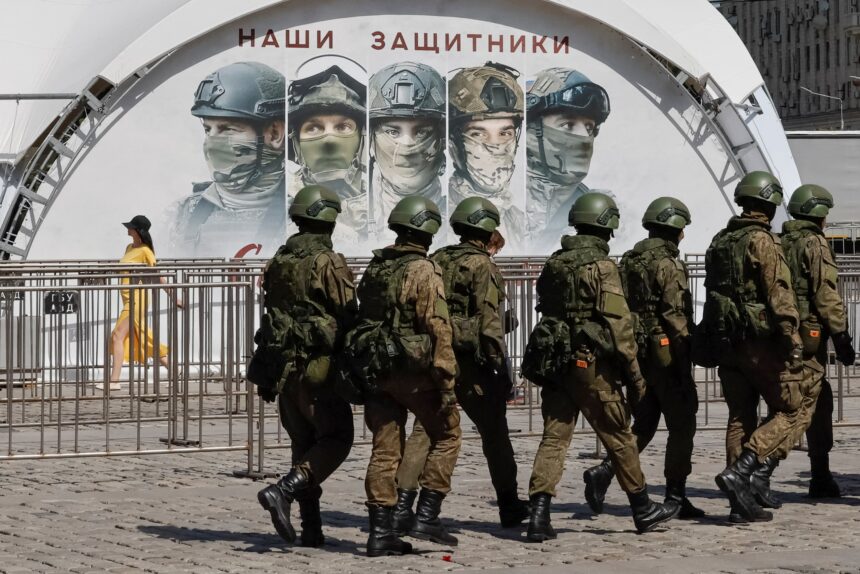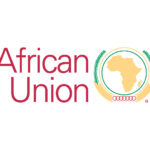Several African Presidents have launched a probe into reports claiming that over 1,400 citizens from across the continent are reportedly fighting alongside Russian forces in Ukraine.
The growing number of African Mercenaries in the Ukraine War has now spurred several African governments to launch probes into the recruitment processes of their citizens into Russian forces.
The development came after allegations made by Ukraine’s foreign minister, Andriy Sabiha said on Friday.
Sabiha claimed that Russia is allegedly enticing Africans to sign contracts that he described as “equivalent to a death sentence.”
“Foreign citizens in the Russian army have a sad fate,” he wrote on X. “Most of them are immediately sent to the so-called ‘meat assaults’, where they are quickly killed.”
Ukrainian officials say Russia is trying to bolster its army by recruiting foreign fighters and have urged African governments to warn their citizens of the dangers.
Sabiha added that an investigation last year showed how hundreds of women from Africa were allegedly duped into working in a drone plant in Tatarstan’s Alabuga Special Economic Zone, about 1,000 kilometres east of Moscow, as Russia faced an urgent wartime labor shortage.
After the issue gained momentum, some African Presidents launched a probe into the matter.
The South African government confirmed that it received “distress calls” from 17 of its citizens who found themselves stranded in the Donbas region of Ukraine.
A statement issued by the spokesperson of South African President Cyril Ramaphosa said the 17 citizens were allegedly lured under the false pretext of high-paying employment contracts.
The citizens were said to be young men, aged between 20 and 39.
Following the development, Ramaphosa ordered a full-scale investigation into the circumstances that led to the recruitment of these nationals, which is potentially a violation of South Africa’s Foreign Military Assistance Act.
The South African government also warned young women to be aware of fake adverts pushed by social media influencers in South Africa promising jobs and study opportunities in Russia.
Similarly, Kenya has reported that some of its nationals were detained in Russian military camps after unknowingly becoming entangled in the war.
Kenyan President William Ruto has called for the release of any citizens held in Ukraine. During a phone conversation with Ukrainian President Volodymyr Zelensky on November 6, Ruto expressed concern over reports that young Kenyans had been misled or coerced into fighting.
“I have requested President Zelensky to facilitate the release of any Kenyan in Ukrainian custody. I am grateful to His Excellency for acceding to my appeal,” Ruto said in a post on X. Both leaders also agreed to raise awareness about illegal recruitment networks targeting African youth.
In addition, the government of Togo issued a formal warning following the arrest of a Togolese student reportedly captured while fighting for Russian forces in Ukraine.
In a statement, Togo’s Ministry of Foreign Affairs cautioned against fraudulent scholarship schemes luring young Africans into the conflict under false pretences.
According to the ministry, several Togolese students had been promised academic opportunities in Russia but were instead diverted into military activity on arrival. “The ministry is working closely with diplomatic partners to shed full light on the situation and, where possible, to assist those affected,” the communiqué stated.
The ministry called on citizens, “particularly young people who wish to pursue their studies abroad, to exercise utmost vigilance”.
It “urges them to verify the authenticity of scholarship offers before making any commitment, and to contact the relevant departments or any other ministry concerned… to obtain reliable and secure information before any departure abroad, particularly to Russia”.
Despite the fact that African Presidents have launched a probe into the matter, the Russian government has yet to break the silence on the allegations.





